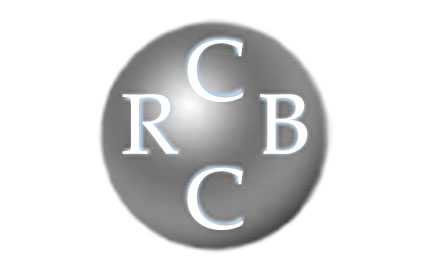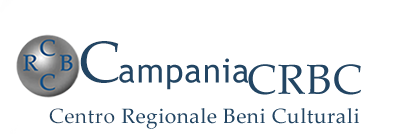
The CRBC “Centro Regionale per i Beni Culturali” has been set up within the "PON Ricerca 2000-2006" project that finances the "Ricerca e Sviluppo (Research and Development)" project of the Glossa Consortium. This project has been realized underwriting an appropriate convention with the Regional Directorate for Cultural Heritage and Landscape Assets of the Regione Campania. Afterwards, the Ministry for Cultural Assets and Activities – Regional Directorate for the Campania region and the Regione Campania – Department of Tourism and Cultural Heritage have a protocol of agreement (Regional Council Resolution n. 1079 4 August 2005) to set up the “Campania Regional Centre for Cataloguing and Documentation of the Cultural Heritage and Landscape Assets“.
The CRBC, where all the information and documentation regarding the cultural, environmental, and landscape heritage catalogued in the Campania region is converging, is a structure with cutting edge technology designed and created to provide services to:
The Regione Campania regarding its institutional activities of governance and management of the territory and the cultural, environmental, and landscape heritage located in its area
The Ministry for Cultural Assets and Activities (ICCD, Regional Directorate and Superintendencies) to support and improve the cataloguing and documentation activities
The Local Authorities (Province, Municipalities, etc…) of the Campania region to grant the administration of its territory
The citizens to help them accessing and using the information and opportunities provided by the cultural and environmental heritage of their region
The cultural heritage tourism industry to strengthen its own offering and make it more competitive on the local and international market
The education and scientific research to organize the basic information from a functional and economical point of view in order to use it for institutional initiatives. This way, it is possible to share information through templates and a dedicated architecture, but at the same time each entity can work and operate autonomously.
We have currently collected more than one million of data regarding cards for the compilation of catalogues, digital photos, cartographic maps and all what is needed for the documentation of the regional cultural heritage. All collected data is an almost exclusive “knowledge” tank of the regional cultural heritage which is constantly updated and integrated with new information. Therefore, it represents a model and a referral for the study, preservation, and enhancement of the whole regional territory.







